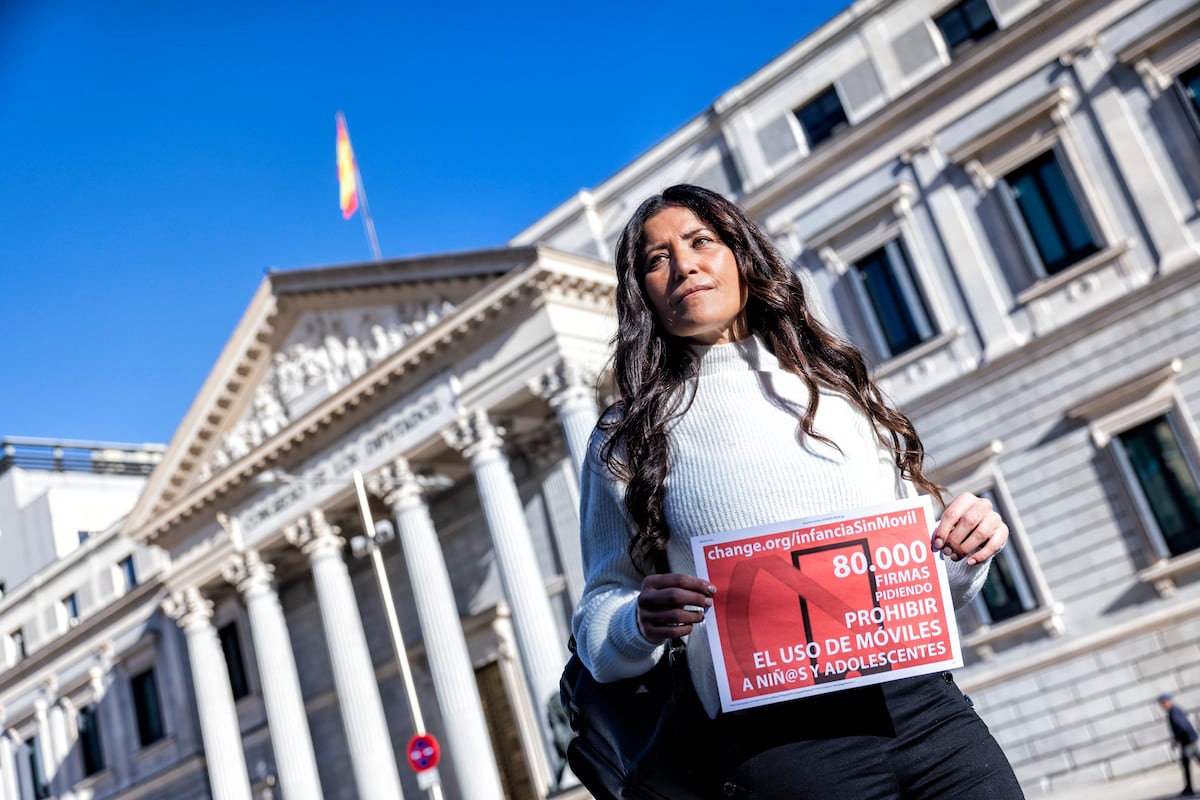Alexander Alfie
12/19/2020 7:33 PM
Clarín.com
Economy
Updated 12/19/2020 7:33 PM
Internet, pay TV and cell phone service providers warned that the price control and the Compulsory Universal Basic Benefit (PBU) announced this Friday by the Government put at risk
the quality of communications services and the continuity of more than 1,000 companies
throughout the country, with lower income and investments.
Ariel Graizer, president of the Argentine Internet Chamber (CABASE), stated that "a price control by the State that does not consider the situation and cost structure of the different types of operators
puts many SMEs and cooperatives at risk of subsistence
that provide Internet connectivity services in most of the towns in the interior of the country, since the arbitrary setting of prices and increase percentages without a detailed and careful analysis of the cost structure, such as that which has been done without consultation and in a rush, it
forces ISPs to sell at a loss. "
Is that the National Communications Entity (ENaCom) decided to unfreeze the prices of Internet, pay TV and telephony, with increases of 8% for small providers that had not increased prices during this year and 5% for the rest of the operators;
simultaneously with the obligation to give a Universal Basic Benefit from January 1
to some 10 million inhabitants of vulnerable sectors
, which will start with prices of $ 150 per month for cell phones and $ 700 for Internet, as well as discounts from 20 to 30% on pay TV.
"We fully understand the need for people to be able to access connectivity, but
it cannot be at the cost of the subsistence of small companies and entrepreneurs.
With the inflation accumulated during the year and a devaluation of more than 30% in the value of the official dollar, these increases are not enough to sustain not even the cost structure of internet services, much less generate a minimum profitability that allows facing the investments that the networks need to continue operating. SMEs and cooperatives do not have subsidies, they do not they have access to capital, they have no possibility of financing their operations at a loss, "added Graizer.
The president of ENaCom, Claudio Ambrosini, explains the regulation of DNU 690, during the press conference at Casa Rosada.
At his side, Micaela Sánchez Malcolm and Gustavo López.
Courtesy ENaCom / Laura Montaldo.
In the same sense, Marcelo Tulissi, president of the Argentine Chamber of Cable Operators SMEs (CACPy), expressed himself.
"It was a measure totally inconsistent with the sector and this will accelerate a process of lower investment in a key sector for the present and future of the economy."
Tulissi gave the example of an Internet provider that now offers 12 megabytes for $ 1,000, but that as of January 1 will have to offer it at $ 700 to an important sector of its town.
"The 5% increase does not compensate me, with which I have to find the PBU. This year we had to assume all the inflation, the increase in costs and also the devaluation. If we add the PBU
to this
,
with this scheme we do not there is a way to continue providing services, "
said the representative of the small providers in the interior of the country.
The Argentine Union of Internet Providers (UAPI) affirmed that ENaCom went from being an industry regulator to an executioner of the companies that keep all Argentines connected.
If their mission is to guarantee Internet access to all, they should start by
not deliberately melting ICT SMEs. "
The large providers also warned about the difficulties generated by the new official regulation of the DNU of telecommunications (690/20), which Alberto Fernández issued last August.
In Telecom they highlighted that the DNU "drastically changed the rules of the game in the sector by framing it as a public service 'in competition', freezing its prices,
something that does not exist anywhere in the world.
The government has sought to intervene in management, eliminating incentives for innovation and competition. Now with its regulation it is destroying the economic equation of ICT companies,
putting at risk the quality of the services they provide,
their development, their thousands of direct and indirect jobs and with consequences in many cases , irreversible ".
"We take care of the most vulnerable population since the beginning of the quarantine," they assured Telecom (a company whose 40% is CVH, a company owned by
Grupo Clarín
shareholders
).
And they highlighted that Telecom's "inclusive connectivity" plans already reach 600,000 clients and more than 700,000 others maintain their services even when they have up to seven unpaid bills.
It is that prepaid cellular telephony, which constitutes 60% of the lines in service, and fixed telephony have the same price since November 2019. For the rest of the services, the last increase was in March of this year, they explained in Telecom .
Alejandro Quiroga López, director of Regulatory and Institutional Affairs at Claro, assured that the company understands "the difficult situation we are going through with the Covid-19 pandemic, which requires us all to work with greater cooperation and dialogue, to find balanced and sustainable solutions for all ".
But he added that "structural measures such as those announced
should have been the result of consensus, after a thorough analysis
of their scope and that they will effectively contribute to the benefit of all."
From Movistar they pointed out that the 5% increase "
is insufficient to cover the operating costs of the industry.
It is out of date, and directly threatens the development and sustainability of the sector. It is not understood what is the technical rationale taken by the authorities. to fix only a 5% price update. Technology evolves at rapid steps and permanently demands an infrastructure deployment that guarantees quality connectivity in different areas of the country.
The
price update proposed by the authorities goes against
any hint of vision of growth and development ", they affirmed in Movistar.














